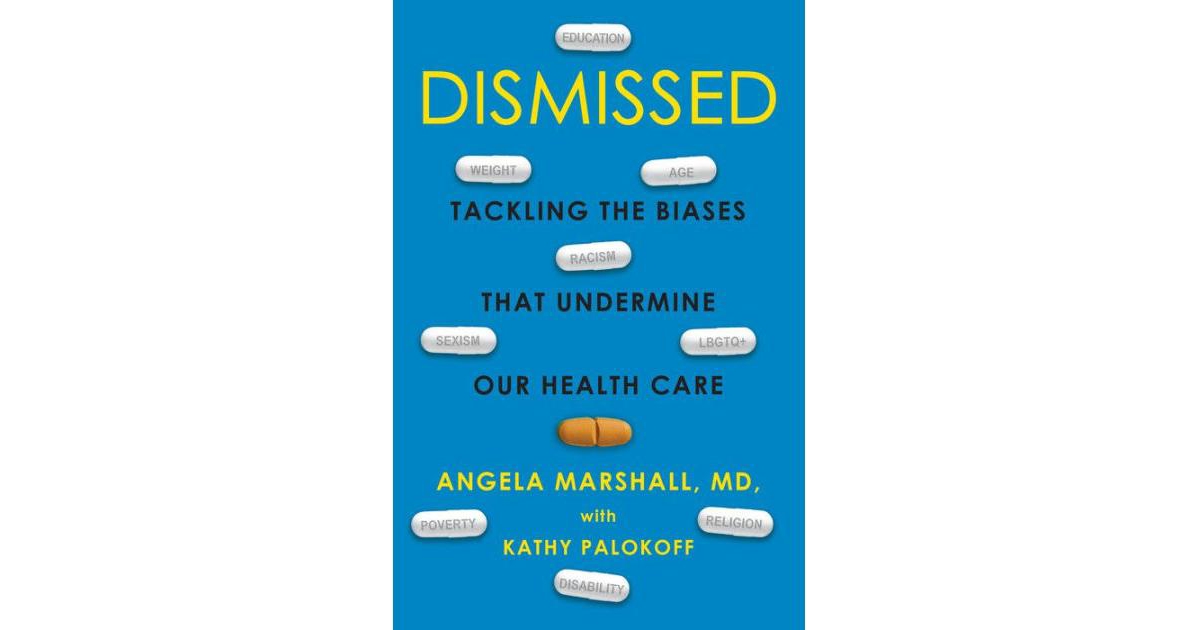Here's the uncomfortable truth- Race, gender, sexual orientation, age, body size, income, and other cultural factors have a significant bearing on whether you will be diagnosed and treated correctly. The good news is regardless of whether you are a patient, healthcare provider, or administrator, there are steps you can take today to combat medical bias. The only book on this subject written by a primary care doctor who is a woman of color, Dismissed examines all forms of bias those related to race and ethnicity, gender identity and sexual orientation, age, disabilities, obesity, and the increasing bias against science instructing patients, doctors, and administrators alike on how we can all identify bias and how we can all do better. Health-care providers and their patients are human, and all humans have unconscious biases that affect how we listen, observe, and act. Bias impacts patients when they are at their most vulnerable. Health-care bias can mean the difference not just between suffering and relief, but between life and death. For the first time, an author with the unique perspective of being one of America's top doctors, a woman, and Black, candidly addresses the issue of bias in health care, sharing personal and patient stories and pragmatic solutions. Dr. Angela Marshall, repeatedly named a Top Doctor by Washingtonian magazine, draws on extensive research, poignant stories.











